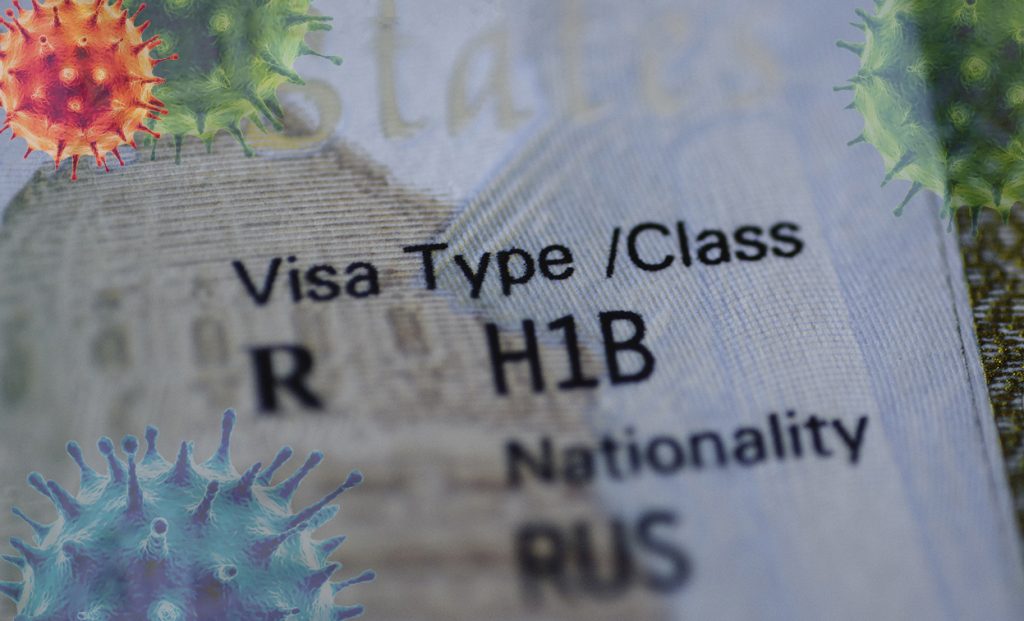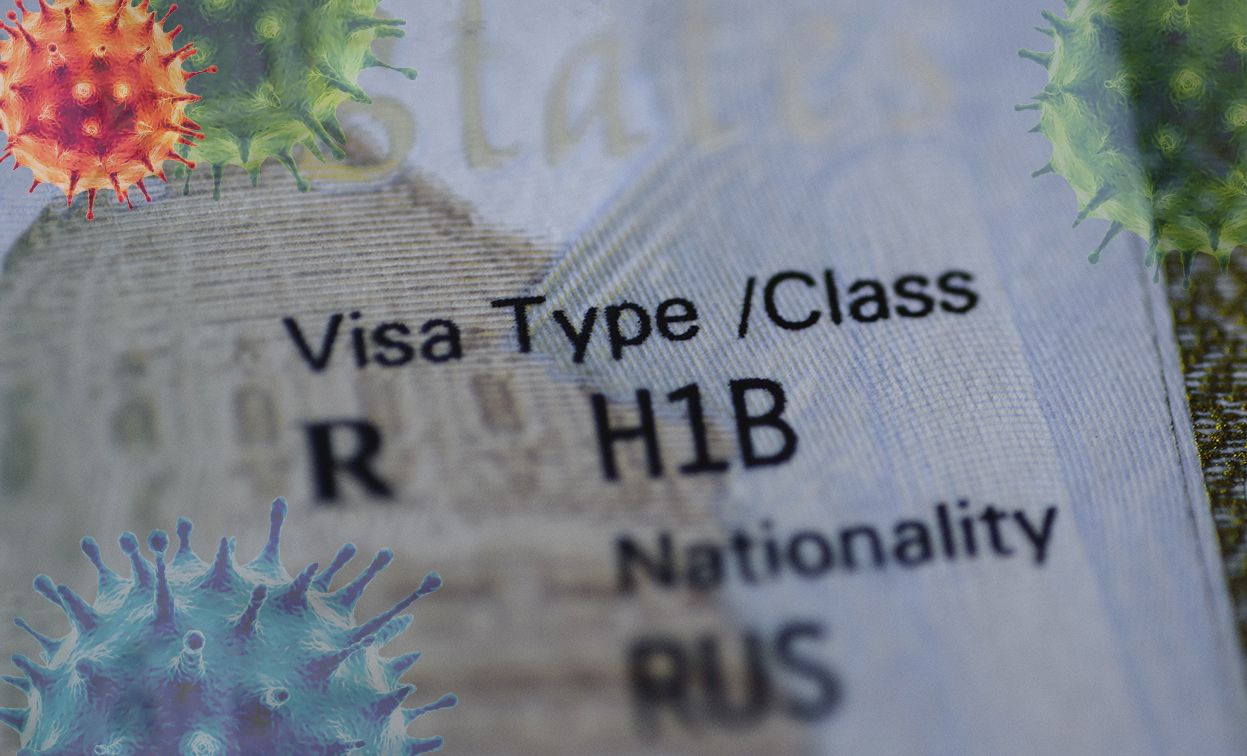
As of noon, Eastern time on March 20, the initial (and brand-spankin’ new) 2021 H-1B Visa application process officially closed, and the U.S. Citizenship and Immigration Services (USCIS) announced that, by March 31, it expects to have notified registrants with selected applications that they’re eligible to file an H-1B cap-subject petition for their named beneficiary.
This news, however, came on the heels of Governor Gavin Newsom’s “Stay at Home” Order due to COVID-19, also known as coronavirus, as well as President Trump’s COVID-19 National Emergency declaration on March 13 — and Trump’s declaration prompted the USCIS to suspend premium processing of H-1B Visa applications and announce flexibility when it comes to signatures required on certain forms submitted as part of the application process.
Electronically Reproduced Signatures
For submissions dated March 21, 2020, and beyond, the USCIS is accepting all benefit forms and documents with reproduced original signatures, including the Form I-129, Petition for Nonimmigrant Worker, meaning a document may be scanned, faxed, photocopied or “similarly reproduced provided that the copy must be of an original document containing an original handwritten signature, unless otherwise specified.” And for forms requiring an original “wet” signature per the form’s instructions, the USCIS will accept electronically reproduced original signatures for the national emergency’s duration.
The USCIS states that it may at any time request the original documents, so employers that submit documents with an electronically reproduced original signature must retain copies of those original documents with the “wet” signature. If employers can’t produce the original documents upon the USCIS’s request, the decision about an application could be negatively impacted.
Premium Processing Temporarily Suspended
The COVID-19 pandemic also prompted the USCIS to temporarily stop accepting new requests for premium processing of the Form I-129, and to halt premium processing on already-filed requests that didn’t receive agency action on their case within the 15-calendar-day period.
These applications will be rejected, and the person or entity filing the premium processing request will receive a refund of the $1,440 filing fee; this same process applies for all petitions requesting premium processing that were mailed before March 20 but not yet accepted.
The USCIS will notify the public with a confirmed date for resuming premium processing. In the meantime, petitioners may submit a request to expedite their petition if it meets certain criteria.
Employers whose initial applications were accepted must file their full H-1B cap-subject petition within the filing period indicated on the relevant selection notice they received, which is at least 90 days.
Jessica Mulholland, Managing Editor, CalChamber
Visit the CalChamber Coronavirus (COVID-19) webpage for more COVID-19-related federal, state and local resources, including CalChamber coverage.
Access additional COVID-19-related HRWatchdog blogs.



